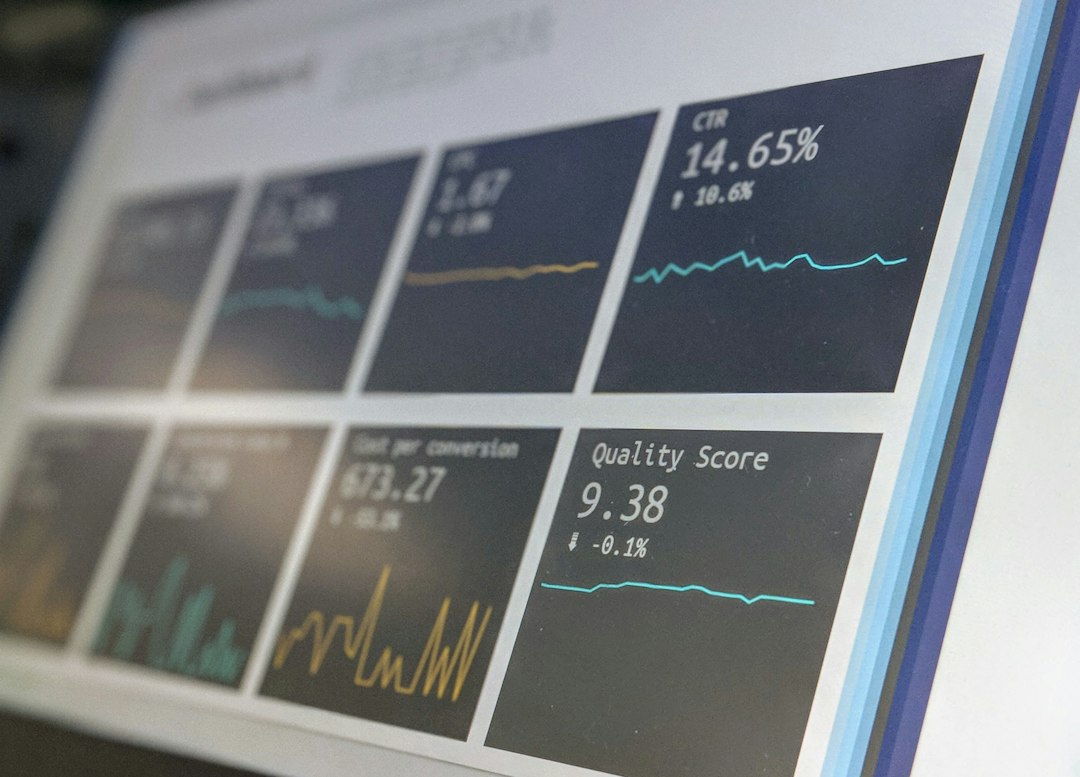The Growing Importance of Data Privacy and GDPR Compliance
With the rapid advancement of technology and the digitization of various aspects of our lives, the importance of data privacy has become increasingly significant. Data is now considered a valuable asset, and protecting it has become a crucial concern for individuals and organizations alike. This is where the General Data Protection Regulation (GDPR) comes into play. GDPR compliance is not only good for business operations but is also vital for maintaining the trust and confidence of customers.
Data privacy refers to the protection of individuals’ personal information from unauthorized access, use, or disclosure. Personal data includes a wide range of information, such as names, addresses, email IDs, social media posts, financial details, and even IP addresses. With the ever-increasing collection, storage, and analysis of personal data, it is crucial to establish regulations and practices that safeguard individuals’ privacy rights.
The GDPR was implemented by the European Union (EU) in May 2018 to ensure that organizations handle personal data responsibly and ethically. Although it originated in the EU, its impact extends beyond the borders of Europe. GDPR applies to any organization that handles personal data of individuals residing in the EU, regardless of the organization’s location. This means that businesses around the world need to comply with GDPR regulations if they collect or process EU citizens’ personal data.
One of the key principles of GDPR is the concept of informed consent. It requires organizations to clearly explain how they will use individuals’ personal data and obtain explicit permission before collecting and processing it. This helps to ensure transparency and give individuals greater control over their data. Organizations that fail to comply with GDPR guidelines may face severe penalties – up to €20 million or 4% of their annual global turnover, whichever is higher.
GDPR compliance is not just about avoiding penalties; it is also about building trust among customers. In today’s digital age, customers are increasingly concerned about their privacy and the security of their personal information. By demonstrating GDPR compliance, organizations show their commitment to protecting customer data and respecting their privacy rights. This, in turn, enhances customer trust and loyalty, leading to a positive reputation and sustained business growth.
Furthermore, GDPR compliance can also be beneficial for organizations’ internal processes and operations. GDPR requires organizations to implement measures to ensure the security and confidentiality of personal data. By doing so, organizations enhance their cybersecurity practices, which can help prevent data breaches and cyberattacks. When data breaches occur, they not only result in financial losses but also damage an organization’s reputation. GDPR compliance, therefore, strengthens an organization’s cybersecurity posture and reduces the risk of reputational harm.
Another aspect of GDPR compliance is the need for organizations to have a clear data protection policy. This policy outlines how personal data is handled within the organization, including the procedures for data collection, storage, and processing. Implementing a robust data protection policy ensures that employees are aware of their responsibilities and follow best practices when handling personal data. It also helps organizations to identify and address any potential risks or vulnerabilities in their data management practices.
In conclusion, the growing importance of data privacy and GDPR compliance cannot be overlooked. As data becomes more valuable and vulnerable, organizations must take proactive steps to protect the personal information of their customers. GDPR compliance not only helps organizations avoid penalties but also builds trust and confidence among customers. By implementing transparent data practices, organizations can enhance cybersecurity, prevent data breaches, and maintain a positive reputation. As technology continues to evolve, data privacy will remain a critical concern, and compliance with regulations such as GDPR will be essential for organizations to thrive in the digital age.

